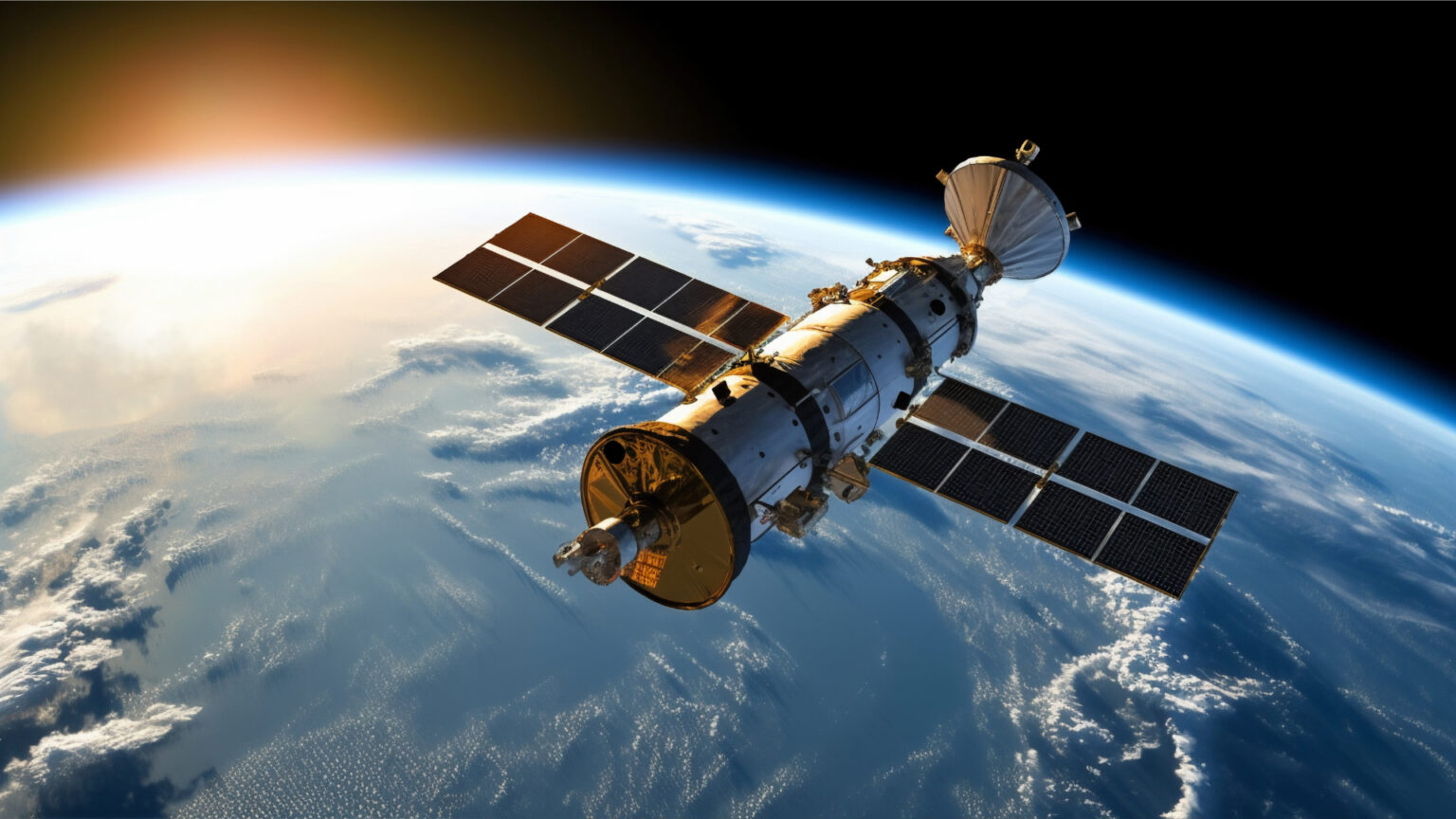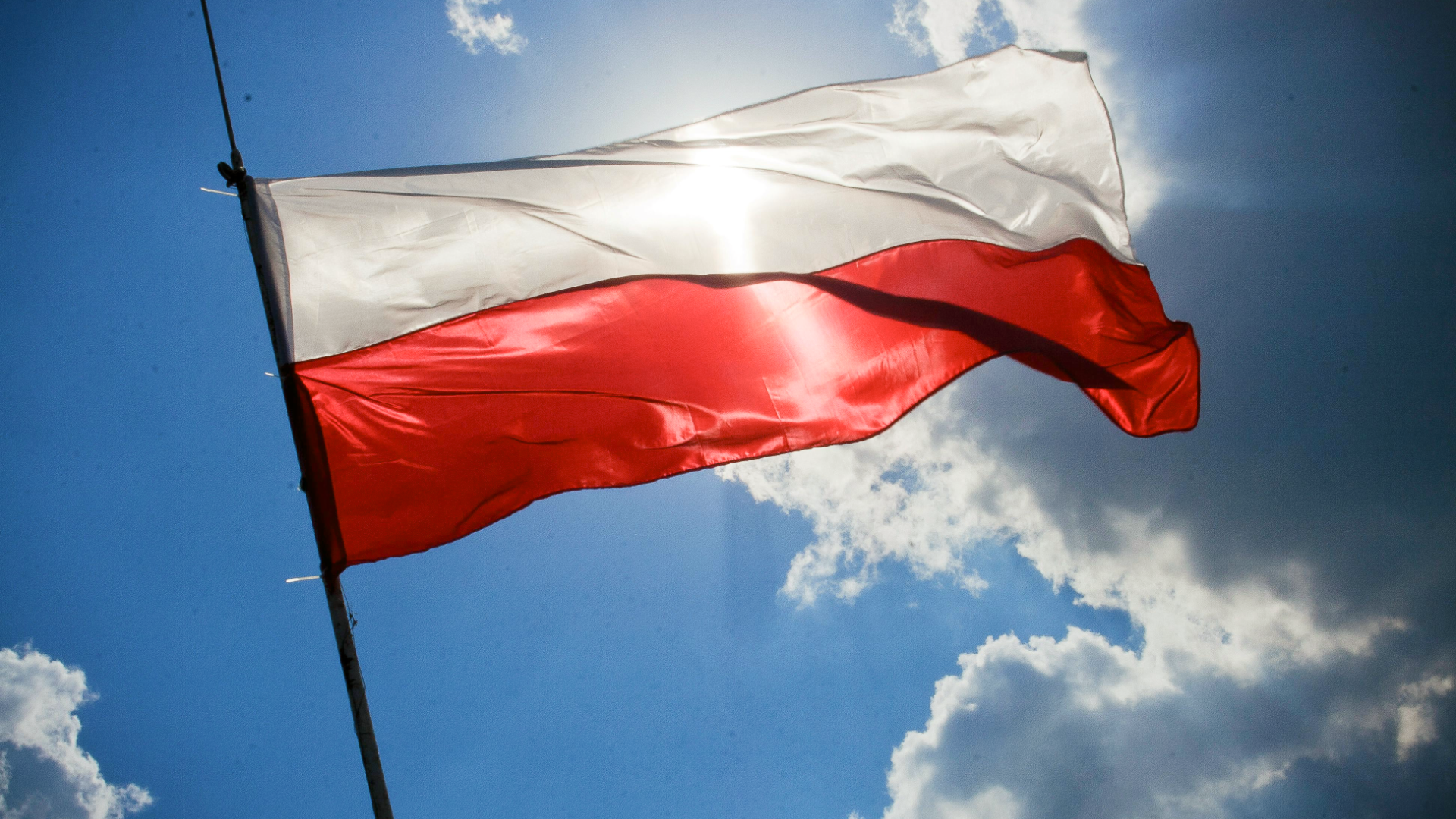The European Union plans to deploy additional satellites in low earth orbit (LEO) to build resilience against the growing threat of GPS signal jamming. The initiative is a direct response to increasing incidents in Europe attributed to Russia’s hybrid warfare activities.
As announced by EU Defence Commissioner Andrius Kubilius, the new layer of space infrastructure is expected not only to enhance existing navigation systems, but also to improve the ability to detect sources of interference.
The decision gained momentum after an incident on Sunday in which the GPS on the plane of European Commission President Ursula von der Leyen was disrupted. Although the incident was temporary, it is part of a wider, worrying trend.
For many months, massive and long-lasting signal disruptions have been recorded in the Baltic Sea region, including over Poland and the Scandinavian countries, posing a real threat to civil aviation and maritime transport.
From a technical point of view, satellites in low orbit (LEO) offer a much stronger signal than those operating in medium orbit (MEO), on which both the US GPS and European Galileo systems are based.
The higher power of the signal makes it much more difficult to jam effectively from the ground.
The investment in the new constellation is part of the Union’s broader strategy to achieve sovereignty in key space technologies. It is intended to complement Galileo and the secure IRIS² communications network under construction.
This step underlines that, in the face of new threats, an independent and secure satellite infrastructure becomes fundamental not only for defence, but also for the stability of the entire economy.












